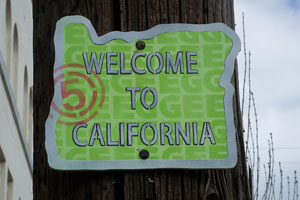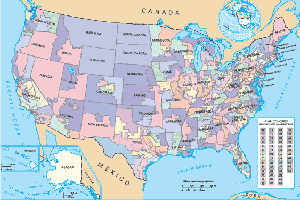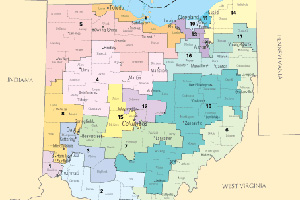 Flickr/Towboat Garage (Creative Commons).
Flickr/Towboat Garage (Creative Commons).
Chicago News Cooperative‘s James Warren has a good piece on Democrats’ prospects in Illinois, one of the few states where they will control the redistricting process:
Unlike the number of State Senate and House seats mandated in the Illinois Constitution, United States Congressional districts are determined by population. Other states have gained more population in the past decade, so Illinois will surely drop a seat, to 18, after final census data arrive.
The process has many permutations. But if you’re in Las Vegas, place a wager that one of the ebullient newbie Republican representatives — Robert Dold, Randy Hultgren, Adam Kinzinger, Robert Schilling or [Joe Walsh, the tea partier leading Rep. Melissa Bean] — sees his district vanish before the 2012 election.
Illinois will present some appealing redistricting opportunities for Dems. But even the power to draw the boundaries of Illinois’ 18 seats is really cold comfort in a year when Republicans will draw 164 districts—and Dems could draw as few as 47. That’s right: Illinois alone could represent more than one-third of the seats that Dems will get to draw. The party got more bad news over the weekend, as control of the Colorado house shifted to the GOP. Dems had been optimistic that they could hold control there. Now they’ll have to compromise with Republicans in drawing the map for the seven or eight congressional districts Colorado will have in 2012.
The Colorado loss brings the maximum number of districts the Dems can draw down to 81—and that’s only if they can prevail in the New York state senate and the Oregon house and convince Rhode Island’s ex-Republican governor to approve their redistricting plan there. If they fail in those three tasks, Arkansas, Connecticut, Massachusetts, Maryland, and West Virginia will be the only states they get to redistrict besides Illinois.
















